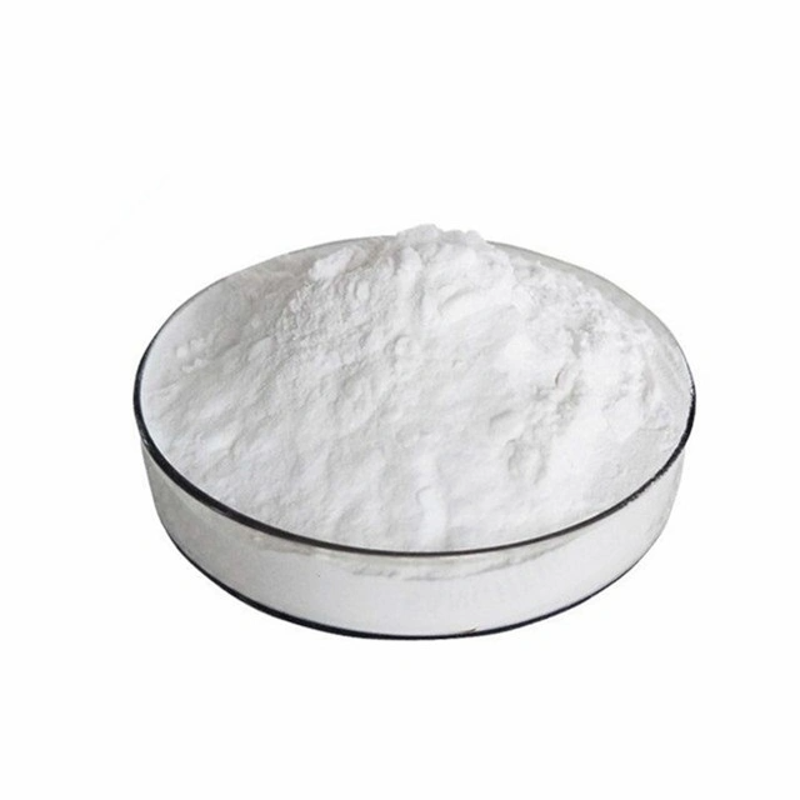Cerebral leukion white blood cells and polynucleocylocyte counts are indicators of meningitis cure after surgery
-
Last Update: 2020-06-27
-
Source: Internet
-
Author: User
Search more information of high quality chemicals, good prices and reliable suppliers, visit
www.echemi.com
Excluding patients with poor blood sugar control of diabetes, fever caused by other infectious diseases, ventricular-celiac drainage and patients with severe heart, lung, kidney, liver, blood, metabolic diseases and congenital immunodeficiency syndromeThe patients were divided into PNBM recurrence group and non-recurrence group, the difference between cerebrospinal leukan white blood cells and polynucleosis was compared by Wilcoxon rank and test, the difference between cerebrospinal fluid protein and glucose was compared by t-test, and the threshold of significant items was estimated by the ROC curve- Excerpted from the article chapterRef: Yin L, et alClinl Neurosurg.2018 Nov;174:198-202doi: 10.1016/j.clineuro.2018.09.023Epub 2018 Sep 19.)post-neurosurgical bacterial meningitis (PNBM) is a fatal complication with a fatality rate of 40.8%Detection of cerebrospinal fluid (CSF) white blood cells, polynuclear cytocells, proteins, and glucose is commonly used for the diagnosis of PNBM, whose normal reference range is an indicator of PNBM cureIn clinical practice, when PNBM patients stopped anti-infection treatment, most patients still had mild abnormalities of white blood cells, polynucleic macrocells, proteins and glucose in cerebrospinal fluid, but meningitis recurrence was rareTherefore, it is not reasonable to use the normal reference value of cerebrospinal fluid as the standard to decide when to end anti-infection treatmentChinese study by Lishan Yin of the Department of Neurotrauma at the Civil Armed Police General Hospital, which was published in the November 2018 issue of the journal Clin Neurol Neurosurgthe authors collected data on 46 PNBM patients who were treated at Beijing Armed Police General Hospital between January 1, 2014 and April 30, 2016A diagnosis of meningitis recurrence must satisfy one of the following conditions, positive for cerebrospinal fluid bacteria culture, fever without other causes (38.5), headache and meninges irritation, and at least one abnormality of the following indicators: aIncreased white blood cell count of CSF (-100/mm3), increased protein content or decreased glucose levels; bcerebrospinal fluid smears showed Grameen-stained bacteriaThe criteria included in the study were as follows: Diagnosis of PNBM within 1 week of neurosurgery, empirical discontinuation of anti-infective drugs by competent doctors in patients with bacterial meningitis, complete clinical data, and age of 16 yearsExcluding patients with poor blood sugar control of diabetes, fever caused by other infectious diseases, ventricular-celiac drainage and patients with severe heart, lung, kidney, liver, blood, metabolic diseases and congenital immunodeficiency syndromeThe patients were divided into PNBM recurrence group and non-recurrence group, the difference between cerebrospinal leukan white blood cells and polynucleosis was compared by Wilcoxon rank and test, the difference between cerebrospinal fluid protein and glucose was compared by t-test, and the threshold of significant items was estimated by the ROC curveA total of 46 cases were included in the, 29 in men and 17 in women, and the average age was 46.12 to 14.17 years11 (23.9%) patients had positive cerebrospinal fluid culture, including 3 cases of Gram-positive bacteria and 8 cases of Gram-negative bacteria (4 cases of Baumann's immobility)When antibiotics are discontinued, all patients' body temperature remains normal and the meninges' stimuli are negative39 patients with cerebrospinal fluid white blood cell count of 10/mm3, 5 cases of cerebrospinal polynucleic macrocell count of 5/mm3, 32 cases of cerebrospinal fluid protein concentration of 0.45g/L, 23 cases of cerebrospinal fluid glucose concentration of 2.80mmol/L3 (6.5%) of 46 patients with PNBM recurrence and 43 (93.5%) without recurrenceThe count of cerebrospinal leukocytes in the non-relapsed group was 23.72 to 14.12/mm3, lower than 47.00 x 1.00/mm3 in the relapsed group (P-0.014); The under-curve area (AUC) of white blood cells and polynucleocells in both groups of patients was 0.926 (95% CI, 0.845-1.0; In CSF, the threshold value of white blood cell count is 44/mm3 (sensitivity, specificity, 0.907), and polynuclear cytomegalomass critical value is 3/mm3 (sensitivity s1, specificity s 0.837)There was no statistical difference in CSF protein and glucose content between the two groupsthe authors believe that after postoperative meningitis treatment, clinical symptoms are stable, cerebrospinal leukoblasts and polynucleocellular counts have important reference value for judging meningitis cure and discontinuation of anti-infective drugsThe authors recommend that cerebrospinal white blood cells count 0-44/mm3 and polynuclear cytomegalometer count 0-3/mm3 as indicators for deactivation of antibiotics without sticking to normal reference values.
This article is an English version of an article which is originally in the Chinese language on echemi.com and is provided for information purposes only.
This website makes no representation or warranty of any kind, either expressed or implied, as to the accuracy, completeness ownership or reliability of
the article or any translations thereof. If you have any concerns or complaints relating to the article, please send an email, providing a detailed
description of the concern or complaint, to
service@echemi.com. A staff member will contact you within 5 working days. Once verified, infringing content
will be removed immediately.







